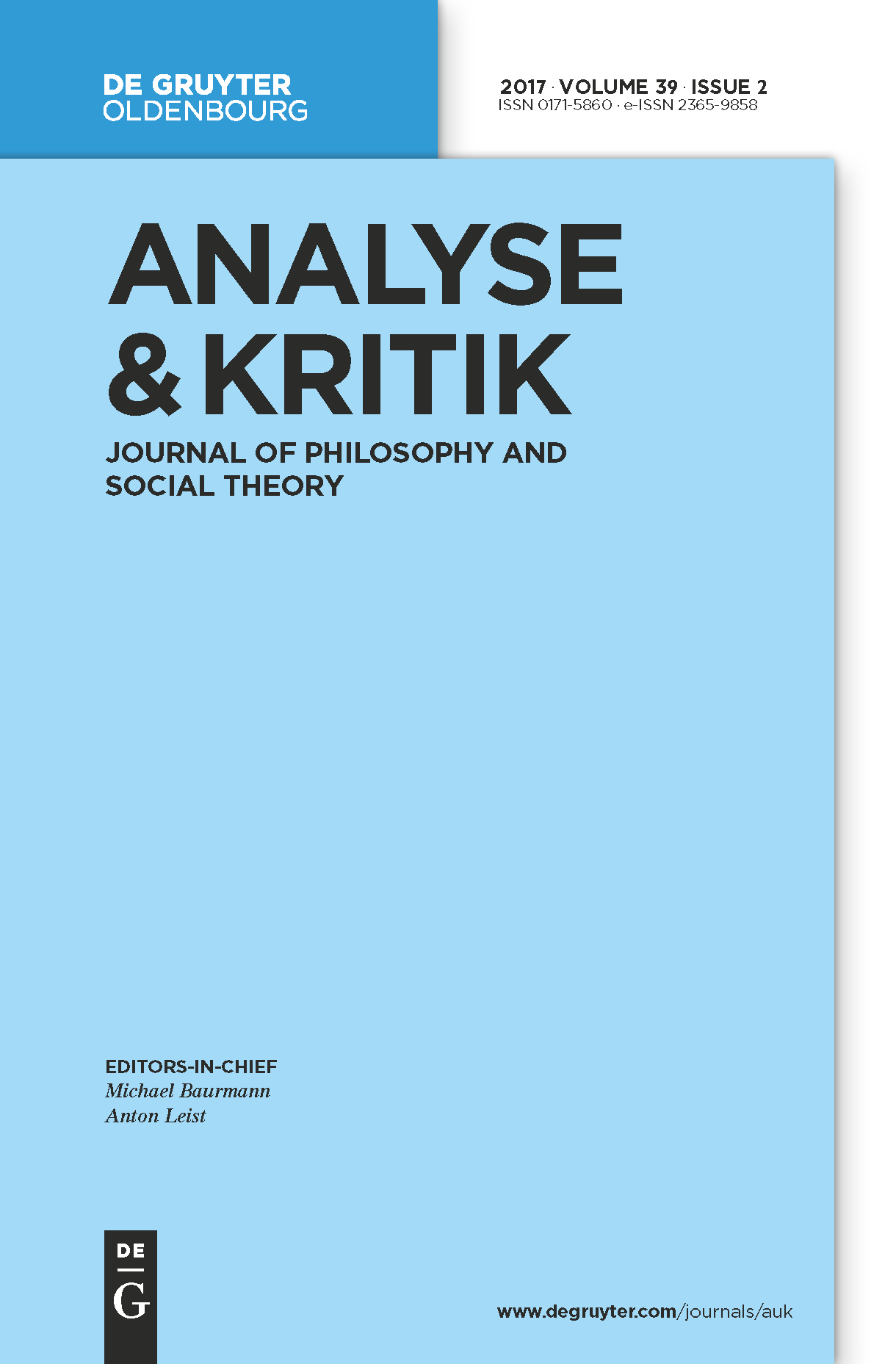Suchergebnisse
"Alexander Vostroknutov"
Titel: Social Norms in Experimental Economics: Towards a Unified Theory of Normative Decision Making
Autor: Alexander Vostroknutov
Seite: 3-39
Even though standard economic theory traditionally ignored any motives that may drive incentivized social decision making except for the maximization of personal consumption utility, the idea that ‘preferences for fairness’ (following social norms) might have an economically tangible impact appeared relatively early. I trace the evolution of these ideas from the first experiments on bargaining to the tests of the hypothesis that pro-sociality in general is driven by the desire to adhere to social norms. I show how a recent synthesis of economics approach with psychology, sociology, and evolutionary human biology can give rise to a mathematically rigorous, psychologically plausible, and falsifiable theory of social norms. Such a theory can predictwhich norms should emerge in each specific (social) context and is capable of organizing diverse observations in economics and other disciplines. It provides the first glimpse at how a unified theory of normative decision making might look like.
Titel: What a Theory of Social Norms and Institutions Should Look Like
Autor: Karl-Dieter Opp
Seite: 313-342
In the previous issue of Analyse & Kritik (2020, vol. 42, issue 1) Alexander Vostroknutov (3-39) aims at a ‘synthesis’ of economics with ‘psychology, sociology, and evolutionary human biology.’ This paper argues that his approach needs to be complemented at least by work from sociologists and social psychologists. Starting with problems of defining and measuring norms it is then claimed that a theory of norms should address the origin, change and effects of norms and model micro- macro processes. This should also be the goal of a theory of institutions (which are defined here as sets of norms—norms in the sense of accepting oughtness statements). We show how the social psychological value expectancy theory can be applied to model the variety of incentives that could play a role in explaining the effects of norms. Regarding the origin Coleman’s theory of norms is applied to show how Vostroknutov’s dissatisfaction-norms hypothesis can be improved.

Focus: Experiments on Social Norms
2020 (42) Heft 1
Editorial
According to the classics of social theory—Durkheim, Weber, Parsons—social order cannot be based on individual utility seeking and external power, but requires ‘normative integration’. Even for large parts of the social sciences today it seems to be almost self-evident that social norms are the very ‘cement of society’ (Elster). The underlying assumption is that essential building blocks of social order in the form of individual cooperation, collective action and political governance...